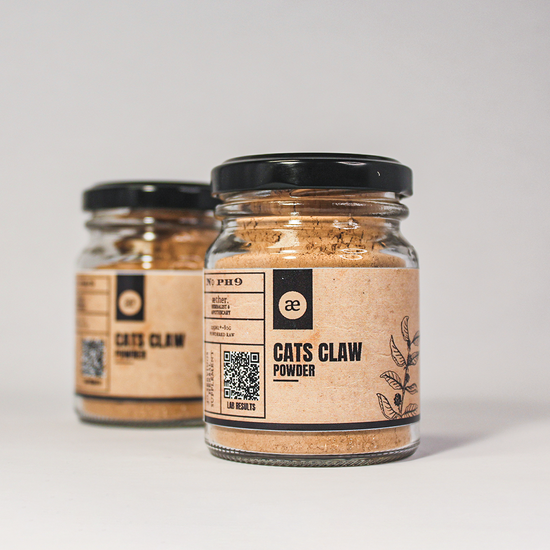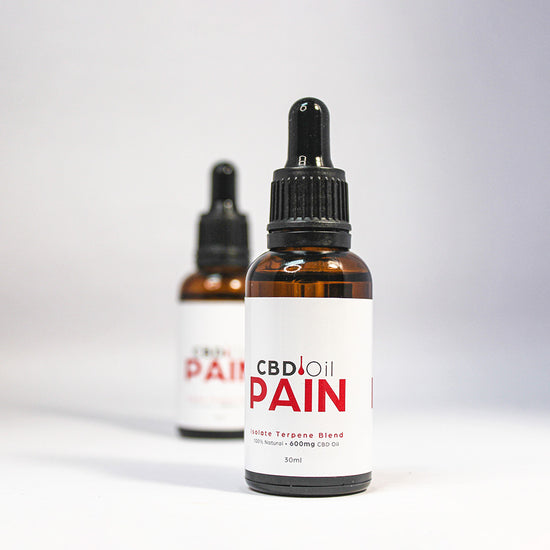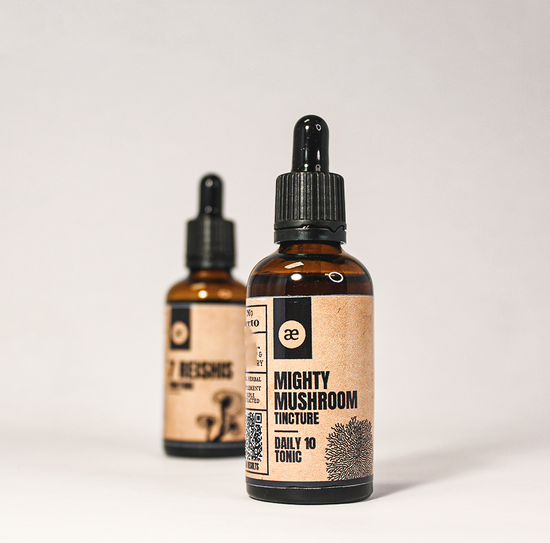Have you experienced any of the following symptoms?
- Redness
- A swollen joint that may be warm to the touch
- Joint pain
- Joint stiffness
- A joint that doesn’t work as well as it should
- Fever
- Chills
- Fatigue/loss of energy
- Headaches
- Loss of appetite
- Muscle stiffness
You may be suffering from inflammation.
What is inflammation?
Inflammation is how the body reacts to a threat, infection or trauma. Chemicals from your white blood cells enter your blood or tissues to protect you. This increases blood flow to the afflicted area. It can cause redness and warmth. Some of the chemicals cause fluid to leak into your tissues, resulting in swelling. This protective process may trigger nerves and cause pain.
The aforementioned chemicals are abundant in fat cells, so the more extra weight you carry, the more susceptible you are to inflammation. There are also food groups that can aggravate the situation. Processed or sugary foods can cause inflammation directly and can also result in excess fat, which, as we have said, makes matters worse.
Another direct link to inflammation is cortisol, or in other words - the stress hormone.
So, we've seen that inflammation can be caused by diet, can it be cured with dietary changes then?
Yes, it can!
If it was caused by diet, chronic inflammation, however, cannot be cured, but it can be managed through the same methods we are going to recommend below.
Things to avoid:
- Sugars and sweeteners
- Refined carbohydrates
- Processed foods
- Carbonated beverages
- Preservatives
- Trans fats or hydrogenated fats
Eat more:
- Fruits and vegetables
- Fresh meats that you prepare yourself
- Healthy fats such as olive or avocado oil
- Nuts and legumes
- Drink more orange juice, tea and, most importantly, water
The rule of thumb is to consume foods that are close to the form that nature made them in.
You probably already know this, though. Many of us know what we SHOULD be eating. But the convenience of processed foods is what keeps them fixed to our diets.
Tools for success:
- Don't change your diet radically all at once; your chances of failure go up, and you may return to old eating patterns after a few months, undoing your success. Instead, make one small change at a time. Slow and steady wins the race, as they say.
- Do it with someone, support will make it easier to succeed.
- Instead of looking for substitutes for things that you already eat, find things that you like that you are allowed to eat. Some people get depressed because they're used to eating white bread, so they will buy healthy bread, make a sandwich, and be completely unsatisfied because they don't like the taste. If you can't eat the bread you like, then forget the sandwich. Maybe you love chicken breast or can't get enough of avocado. Focus on your loves that ARE allowed. Be openminded.
- Eat red meat twice a week. You need vitamin B12, and it gives you something to look forward to. Use 'meat day' as a treat day.
- Avoid getting too hungry. If you get too hungry, you will trigger yourself to snack or seek out a quick fix at a drive-through to satiate yourself.
- Meal prep. Have a plan, and prepare what you can ahead, so you don't feel overwhelmed by doing it all at meal time.
- Eat your meals at a table. preferably with someone, and experience your food, i.e. eat mindfully.
- Be self-aware. Notice your binging triggers, notice what you enjoy eating, notice your eating quirks, and listen to cues from your body that may indicate a lack of something to banish cravings before they catch you off guard.
- Try supplements such as omega-3 fatty acids, white willow bark, cats claw, curcumin, green tea, or capsaicin. Magnesium and vitamins B6, C, D, and E also have some anti-inflammatory effects.
- Find out how our elixir , cbd or the mighty mushroom can ease inflammation.
Green Square
xx




